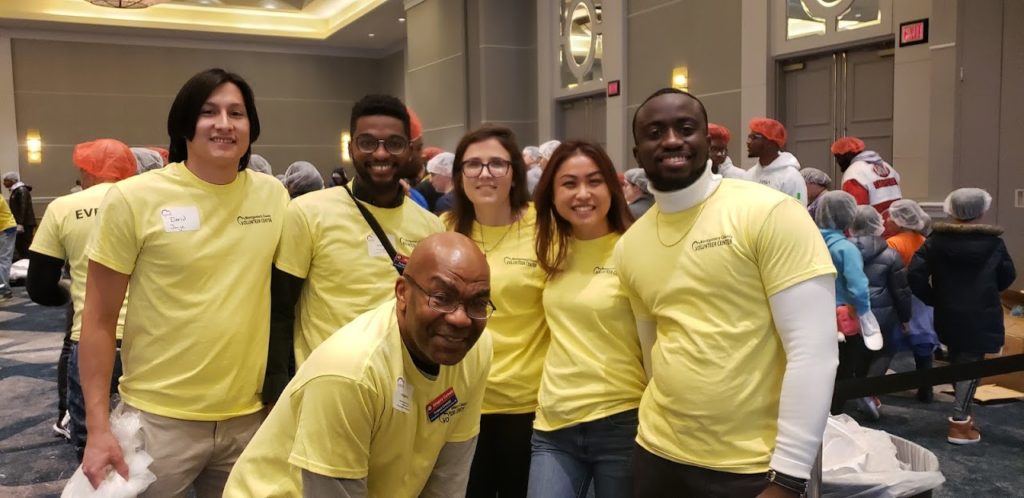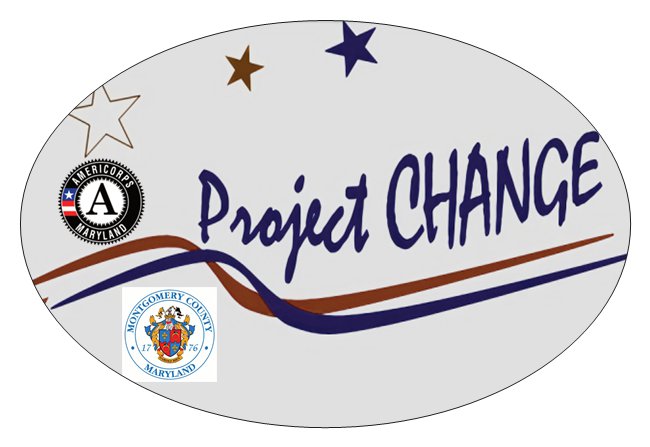
The editorial board is a group of opinion journalists whose views are informed by expertise, research, debate and certain longstandingvalues. It is separate from the newsroom.
American presidents have long vied to echo John Kennedy’s “Ask not what your country can do for you.”
The spirit of service, declared Ronald Reagan, “flows like a deep and mighty river through the history of our nation.” Bill Clinton created AmeriCorps. George H.W. Bush likened volunteer organizations to “a thousand points of light.” George W. Bush created the USA Freedom Corps. Barack Obama called on Americans to “ground our politics in the notion of a common good.”
Their arguments are all the more compelling today, in a bitterly divided America struggling with a pandemic.
Many aging Vietnam-era veterans attest to the sense of community that came with either involuntary military service or the alternative service routes that those who refused the draft opted for. Conscription came to an end in 1973, and in the years since, this board has several times called on the government to expand the opportunities for national service, military or civilian. “For those young people who do not feel moved by patriotism or propelled by economics to enlist in the military, there should be other options for national service like AmeriCorps,” we wrote in 2006.
The idea has a rich pedigree.When a nation is at peace, the philosopher-psychologist William James wrote in an early-20th-century essay, “The Moral Equivalent of War,” the martial virtues of “intrepidity, contempt of softness, surrender of private interest, obedience to command” — the backbone of a strong nation, in his view — can be achieved through civic works.S

James’s focus on male service and industrial tasks is largely obsolete today. But his fundamental argument, that “a permanently successful peace-economy cannot be a simple pleasure-economy,” remains the basic case for national service. In an updated version of the case, Pete Buttigieg, now President Biden’s secretary of transportation, pushed as a candidate for a program offering hundreds of thousands of national service opportunities to young Americans as a way to counter the growing threats to social cohesion.
Mr. Biden has an opportunity to make some version of this a reality. Gen. Stanley McChrystal, a former commander of international forces in Afghanistan and head of the “Serve America. Together” campaign, recently called on the president to invest in universal national service for one million young Americans annually as “the most important strategy we can implement to ensure the strength and security of our nation.”
On the surface, the idea would seem to be attractive across the political spectrum — the idealism to liberals, the service to conservatives, the virtues of selfless sharing to millions of Americans who already perform some form of community service. According to Google trends, search interest in mandatory national service hit a five-year high in 2017 as the yawning political divide in America became increasingly evident.
What could be objectionable in asking all young people to pause before plunging into the scramble of adult life to donate some of their time and energies to some socially beneficial, critically needed service at home or abroad?
It would be an introduction to the responsibilities of citizenship, a communion with different layers of society and people of different backgrounds, a taste of different life paths. It could even be rewarded by credits toward tuition at a public university or other federal benefits, much as the G.I. Bill did for some veterans in years past.
The devil, as always, is in the phrasing, like “mandatory” or “government.” To libertarians, talk of government-mandated service smacks of more government imposition on individual liberties, possibly even a violation of the 13th Amendment’s proscription against “involuntary servitude.” Some conservatives argue that national service would be, in effect, government-paid and government-managed social activism, displacing private and faith-based charity. Coerced service is not service, they argue. The rich would get the desirable jobs, while the poor would be stuck with the bad ones. The cost would outweigh the benefits to society.

These are serious arguments, and no doubt one reason mandatory service has been relegated to the fringes of legislative effort.
It is hard to imagine a government levying penalties on young people who do not want to do what is essentially volunteer work, unless it was offered as an alternative to mandatory military service, with women now also liable. That is not likely to happen, as Mr. Buttigieg acknowledged when he said his proposed national service would be “if not legally obligatory but certainly a social norm.”
That social norm is critically needed. With America’s democracy threatened by a political and ideological chasm that seems to widen by the day, with dialogue rendered almost futile on fundamental issues such as racial justice, the environment, a battered economy and America’s role in the world, the debate over national service is really a debate over how we move forward.
“It’s a debate over how we will solve public problems and what we owe our country and each other,” E.J. Dionne Jr. and Kayla Meltzer Drogosz wrote in a 2003 study on national service for the Brookings Institution. “If we decide there are no public things to which we are willing to pledge some of our time and some of our effort — not to mention ‘our lives, our fortunes and our sacred honor’ — then we will have quietly abandoned our nation’s experiment in liberty rooted in mutual assistance and democratic aspiration.”
In his speech to a joint session of Congress on Wednesday, Mr. Biden said, “It’s time we remembered that ‘we the people’ are the government. You and I,” and his call on the American people was “that we all do our part.”
Asking young Americans for a year of their time for their country would be a powerful way to inculcate that call to service. It would not be a panacea for America’s troubles, of course. But a year in which barriers of race, class and income were breached, working in areas like underresourced schools, national parks or the military, where the fruits of service were real and beneficial, could help restore a measure of the community, commitment and hope that America cries out for.
##############################################################
Read more on national service programs
Opinion | David Brooks We Need National Service. Now. May 7, 2020
One Year of Mandatory National Service For Every American? June 21, 2019
Opinion | The Editorial Board Broken Promises on National ServiceAug. 30, 2014